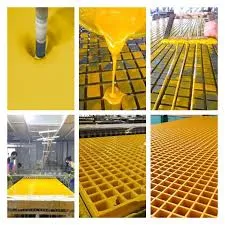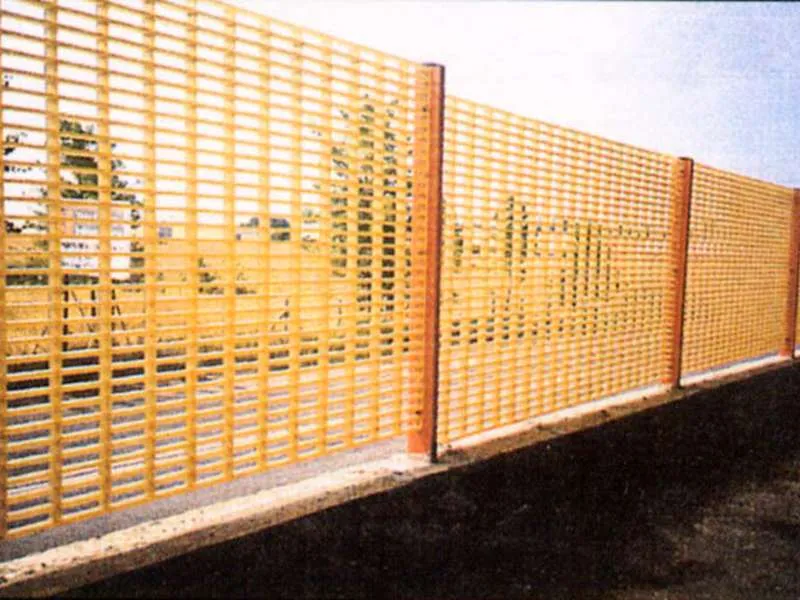
-
 Afrikaans
Afrikaans -
 Albanian
Albanian -
 Amharic
Amharic -
 Arabic
Arabic -
 Armenian
Armenian -
 Azerbaijani
Azerbaijani -
 Basque
Basque -
 Belarusian
Belarusian -
 Bengali
Bengali -
 Bosnian
Bosnian -
 Bulgarian
Bulgarian -
 Catalan
Catalan -
 Cebuano
Cebuano -
 China
China -
 China (Taiwan)
China (Taiwan) -
 Corsican
Corsican -
 Croatian
Croatian -
 Czech
Czech -
 Danish
Danish -
 Dutch
Dutch -
 English
English -
 Esperanto
Esperanto -
 Estonian
Estonian -
 Finnish
Finnish -
 French
French -
 Frisian
Frisian -
 Galician
Galician -
 Georgian
Georgian -
 German
German -
 Greek
Greek -
 Gujarati
Gujarati -
 Haitian Creole
Haitian Creole -
 hausa
hausa -
 hawaiian
hawaiian -
 Hebrew
Hebrew -
 Hindi
Hindi -
 Miao
Miao -
 Hungarian
Hungarian -
 Icelandic
Icelandic -
 igbo
igbo -
 Indonesian
Indonesian -
 irish
irish -
 Italian
Italian -
 Japanese
Japanese -
 Javanese
Javanese -
 Kannada
Kannada -
 kazakh
kazakh -
 Khmer
Khmer -
 Rwandese
Rwandese -
 Korean
Korean -
 Kurdish
Kurdish -
 Kyrgyz
Kyrgyz -
 Lao
Lao -
 Latin
Latin -
 Latvian
Latvian -
 Lithuanian
Lithuanian -
 Luxembourgish
Luxembourgish -
 Macedonian
Macedonian -
 Malgashi
Malgashi -
 Malay
Malay -
 Malayalam
Malayalam -
 Maltese
Maltese -
 Maori
Maori -
 Marathi
Marathi -
 Mongolian
Mongolian -
 Myanmar
Myanmar -
 Nepali
Nepali -
 Norwegian
Norwegian -
 Norwegian
Norwegian -
 Occitan
Occitan -
 Pashto
Pashto -
 Persian
Persian -
 Polish
Polish -
 Portuguese
Portuguese -
 Punjabi
Punjabi -
 Romanian
Romanian -
 Russian
Russian -
 Samoan
Samoan -
 Scottish Gaelic
Scottish Gaelic -
 Serbian
Serbian -
 Sesotho
Sesotho -
 Shona
Shona -
 Sindhi
Sindhi -
 Sinhala
Sinhala -
 Slovak
Slovak -
 Slovenian
Slovenian -
 Somali
Somali -
 Spanish
Spanish -
 Sundanese
Sundanese -
 Swahili
Swahili -
 Swedish
Swedish -
 Tagalog
Tagalog -
 Tajik
Tajik -
 Tamil
Tamil -
 Tatar
Tatar -
 Telugu
Telugu -
 Thai
Thai -
 Turkish
Turkish -
 Turkmen
Turkmen -
 Ukrainian
Ukrainian -
 Urdu
Urdu -
 Uighur
Uighur -
 Uzbek
Uzbek -
 Vietnamese
Vietnamese -
 Welsh
Welsh -
 Bantu
Bantu -
 Yiddish
Yiddish -
 Yoruba
Yoruba -
 Zulu
Zulu
Jan . 11, 2025 09:59
Back to list
frp scrubber
In the rapidly evolving world of industrial processing and pollution control, FRP (Fiber Reinforced Plastic) scrubbers have emerged as a pivotal solution. As industries grapple with stringent environmental standards, the demand for reliable and efficient air purification systems has skyrocketed. FRP scrubbers, renowned for their durability and cost-effectiveness, stand at the forefront of this demand, setting a benchmark for air quality management.
One of the most compelling reasons for choosing an FRP scrubber is its contribution to sustainable industrial practices. By efficiently removing harmful particles and gases from emissions, FRP scrubbers play a critical role in reducing an industry’s carbon footprint. This capability underscores the trustworthiness of FRP scrubbers as a solution that not only prioritizes operational efficiency but also commits to environmental responsibility. The authoritativeness of FRP scrubbers is further reinforced by the increasing number of regulatory bodies endorsing their usage as part of compliance standards. As more industries adopt FRP scrubbers, the body of knowledge surrounding their implementation and effectiveness grows, contributing to a solid foundation of trust and expertise shared within professional circles. Moreover, advancements in materials science continue to refine the construction and efficiency of FRP scrubbers. Pioneering research into the use of advanced composite materials is paving the way for scrubbers that offer even greater resistance to corrosive elements and higher efficiency rates. Such developments promise to enhance the already robust framework of FRP scrubbers, ensuring they remain at the cutting edge of air purification technology. In conclusion, FRP scrubbers are not merely a solution; they represent a crucial advancement in industrial air quality management. Their integration into industrial processes demonstrates a commitment to sustainability and operational excellence. As industries seek to reconcile economic success with ecological responsibility, the adoption of FRP scrubbers stands as a testament to forward-thinking environmental stewardship. With a proven track record, ongoing technological improvements, and endorsement from the regulatory community, FRP scrubbers offer an unmatched blend of experience, expertise, authoritativeness, and trustworthiness.


One of the most compelling reasons for choosing an FRP scrubber is its contribution to sustainable industrial practices. By efficiently removing harmful particles and gases from emissions, FRP scrubbers play a critical role in reducing an industry’s carbon footprint. This capability underscores the trustworthiness of FRP scrubbers as a solution that not only prioritizes operational efficiency but also commits to environmental responsibility. The authoritativeness of FRP scrubbers is further reinforced by the increasing number of regulatory bodies endorsing their usage as part of compliance standards. As more industries adopt FRP scrubbers, the body of knowledge surrounding their implementation and effectiveness grows, contributing to a solid foundation of trust and expertise shared within professional circles. Moreover, advancements in materials science continue to refine the construction and efficiency of FRP scrubbers. Pioneering research into the use of advanced composite materials is paving the way for scrubbers that offer even greater resistance to corrosive elements and higher efficiency rates. Such developments promise to enhance the already robust framework of FRP scrubbers, ensuring they remain at the cutting edge of air purification technology. In conclusion, FRP scrubbers are not merely a solution; they represent a crucial advancement in industrial air quality management. Their integration into industrial processes demonstrates a commitment to sustainability and operational excellence. As industries seek to reconcile economic success with ecological responsibility, the adoption of FRP scrubbers stands as a testament to forward-thinking environmental stewardship. With a proven track record, ongoing technological improvements, and endorsement from the regulatory community, FRP scrubbers offer an unmatched blend of experience, expertise, authoritativeness, and trustworthiness.
Next:
Related Products









